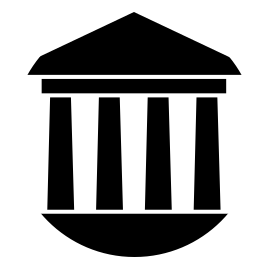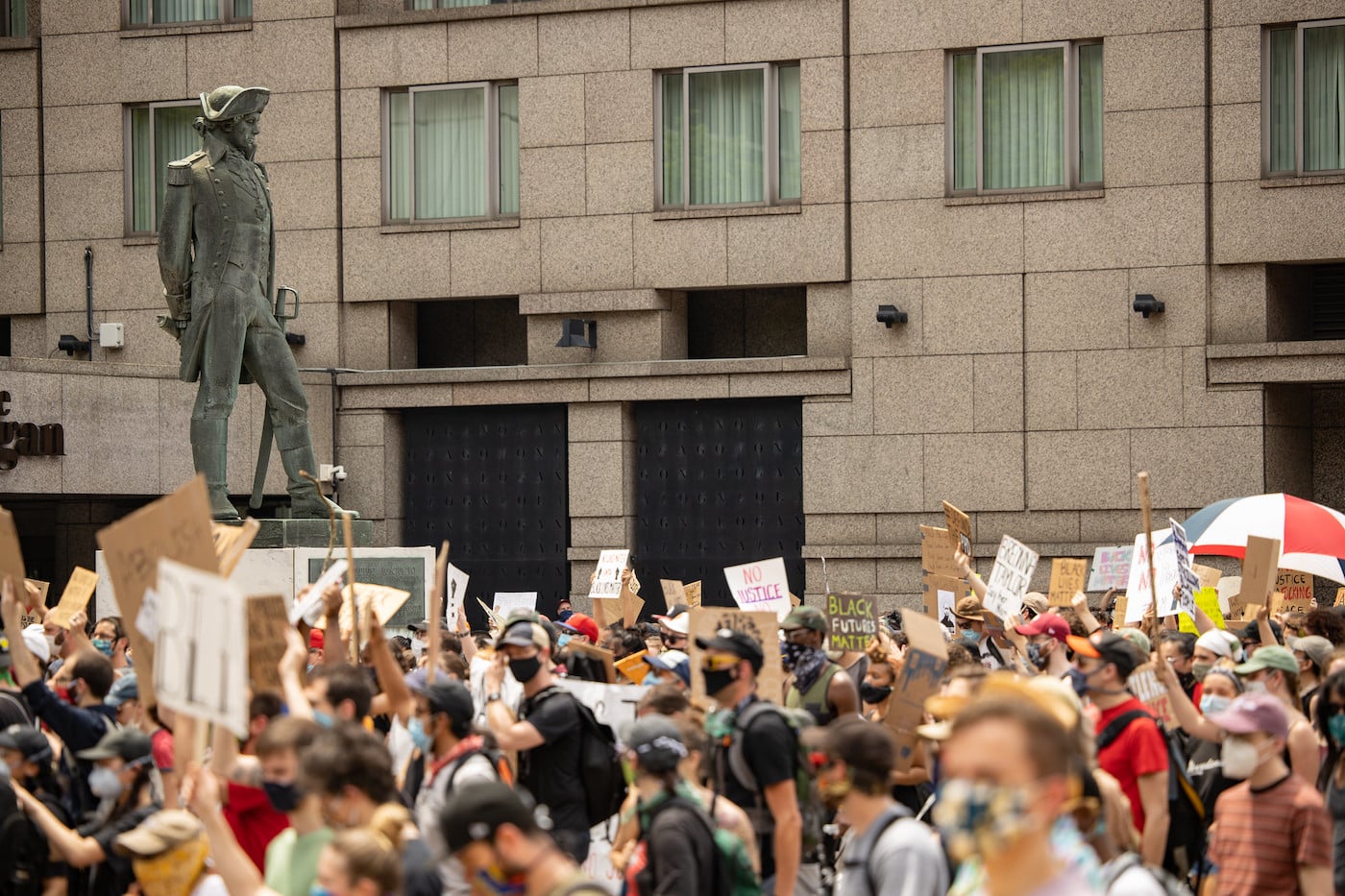Ugh, long read. It raises some good points, but IMHO only lightly touches the elephant in the room, that populists form a sort of para-social relationship with their potential voters filling a void that was left by the break-down of local (not always explicitly political) social venues (associations, clubs, unions, churches etc.).
These sort of local structures are the submerged part of the metaphorical ice-berg while the actual political parties and their tiny membership are really only the visible tip of it. Political analysts and political parties usually don’t like to reflect on that point as it illustrates (similar to the high percentage of non-voters) what little real influence “politics” has on everyday life.
I don’t think we will be able to resurrect such local organizations (corporate social media and the Covid-19 pandemic has been a sort of double whammy on them, when they were already weak due to decades of neo-liberal policies and education), but we need to find ways to create similar, maybe online, communities that can give people a sense of belonging and a venue for political exchange.



